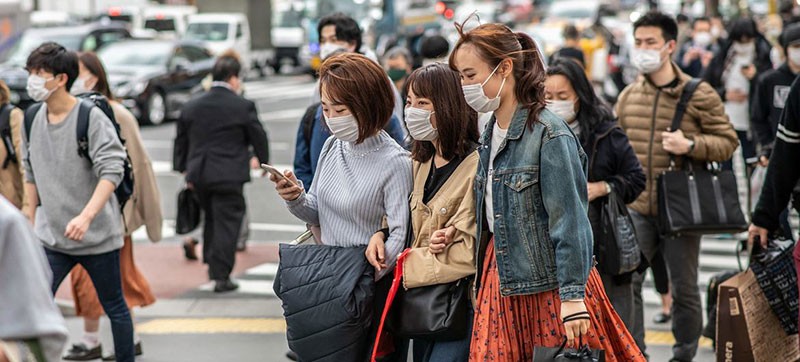 Omicron
Omicron
Omicron sublineage BA.2 remains a variant of concern
New York: The BA.2 virus, a sublineage of the Omicron COVID-19 mutation, should continue to be considered a variant of concern, scientists convened by the World Health Organization (WHO) said in a statement on Tuesday.
BA.2 should also remain classified as Omicron, WHO’s Technical Advisory Group on SARS-CoV-2 Virus Evolution (TAG-VE) which was held yesterday.
SARS-CoV-2 is the coronavirus that causes COVID-19, and the expert group meets regularly to discuss available data on transmissibility and severity of variants as well as their impact on diagnostics, therapeutics, and vaccines.
They stressed that public health authorities should continue to monitor BA.2 as a distinct sublineage of Omicron, currently the dominant variant circulating globally.
Studies underway
Omicron is made up of several sublineages, including BA.1 and BA.2, all of which are being monitored by WHO and partners.
BA.2 is among the most common, with reported sequences increasing in recent weeks, relative to BA.1, though global circulation of all variants is currently declining.
The experts explained that BA.2 differs from BA.1 in its genetic sequence, and that it has a growth advantage over this sublineage.
Although studies are ongoing to understand why, initial data suggest BA.2 appears inherently more transmissible than BA.1, currently the most common Omicron sublineage reported.
However, this difference in transmissibility appears to be much smaller than that between BA.1 and the Delta variant, the experts said.
Overall decline reported
Meanwhile, although BA.2 sequences are increasing in proportion relative to other Omicron sublineages, there is still a reported decline in overall cases globally.
Furthermore, while cases of reinfection with BA.2 following infection with BA.1 have been documented, preliminary data from studies show that infection with BA.1 provides strong protection against reinfection with BA.2.
WHO will continue to closely monitor the BA.2 lineage as part of Omicron.
The UN agency urged countries to remain vigilant, to monitor and report sequences, and to conduct independent and comparative analyses of the different Omicron sublineages.
Globally, there were more than 424,820,000 cases of COVID-19 as of Tuesday, and more than 5.8 million deaths, according to WHO data.
Support Our Journalism
We cannot do without you.. your contribution supports unbiased journalism
IBNS is not driven by any ism- not wokeism, not racism, not skewed secularism, not hyper right-wing or left liberal ideals, nor by any hardline religious beliefs or hyper nationalism. We want to serve you good old objective news, as they are. We do not judge or preach. We let people decide for themselves. We only try to present factual and well-sourced news.






